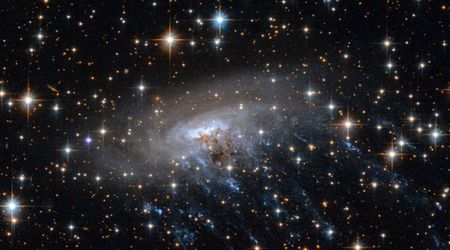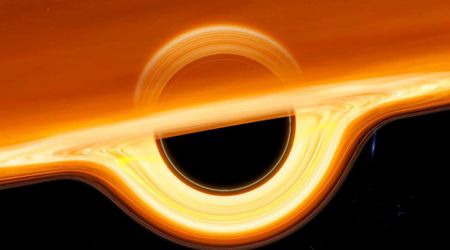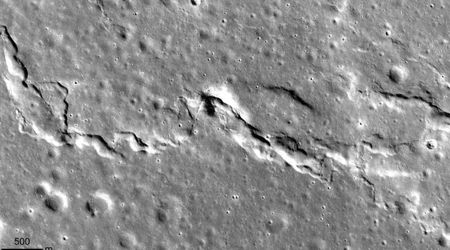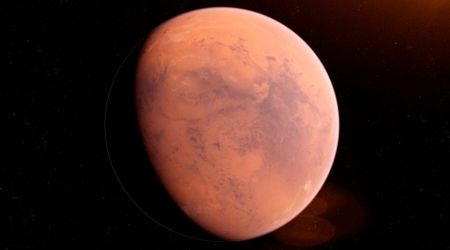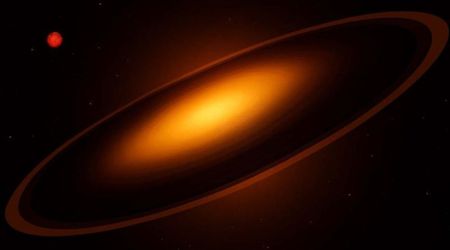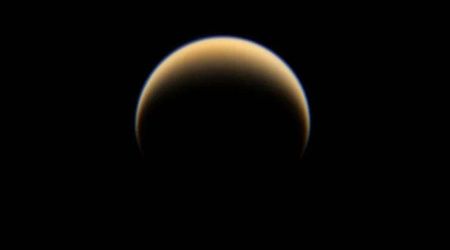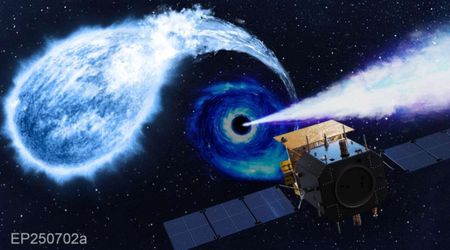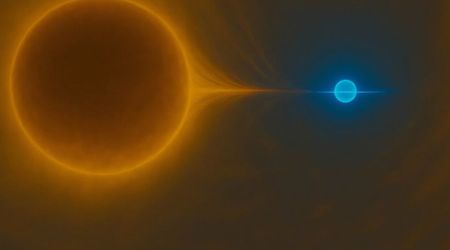European Space Agency head calls on Europe to boost space spending as America eyes space budget cut

Preparing for a new three-year budget for the European Space Agency, its head, Josef Aschbacher, has called for a significant increase in Europe's overall spending on space, as reported on SpaceNews. The resolution comes at a time when the United States is looking to cut NASA (National Aeronautics and Space Administration) budget.

During a testimony held on May 13, before a European Parliament committee, Aschbacher stated it was a "miracle" that Europe has achieved leading positions in certain space domains, such as Earth observation and navigation, especially considering that its space expenditure lags significantly behind the U.S. and China. He pointed out that global government spending on space amounts to approximately 100 billion euros ($112 billion) annually. Of this, about 60% is spent by the United States and 15% by China, while Europe accounts for only 10%. Aschbacher concluded that Europe's accomplishments in space “are almost a miracle, knowing how little Europe has invested compared to other countries in the world.”
However, Aschbacher insisted that Europe must not be complacent, “We have to make sure that our funding level is more adequate to what our requirements are,” he stated. He argued for increased funding across the board, saying, “All the space budgets in Europe (including ESA, the European Commission, Eumetsat, and individual nations) need to increase. It cannot be that we are a world economic powerhouse, but in space, we are relatively modest in terms of our investment.” The boost in the ESA budget would also highlight the stark difference the NASA budget is facing compared to last year. The Trump administration proposed a 24% budget cut for the agency this year. From $24.8 billion in 2025, it will now reach $18.8 billion in 2026—its lowest funding level since 2015, reported Spaceflight Now.

As ESA prepares its next three-year budget, Aschbacher suggested a figure, “I’m preparing at the moment with my member states a budget proposal that is probably beyond 20 billion for the next three years, maybe even a bit more if I am very optimistic,” which would be an 18% rise from the previous budget. He also defended ESA's shorter budget cycle, noting, “We can react very fast to the current geopolitical situation, where Europe needs to strengthen its autonomy, strengthen its independence, build up capacity and therefore be ready. We cannot wait until '28.”
The hearing also addressed European space management, with witness Antonella Forganni describing the governance as "complex and multilayered," leading to a "fragmented landscape" and a lack of international leadership where "we fall behind in strategic vision and technological progress." Aschbacher maintained that “Europe is quite good in some domains." He further said, “It may sound complex, but we have made it work. If there is a will, there is a way."

The year 2025 is shaping up to be a significant one for Europe in the global space sector, particularly concerning its launch capabilities. Following its much-awaited debut in 2024, the Ariane 6 rocket is slated for an operational ramp-up in 2025, with several important institutional launches planned. Developed by ArianeGroup, Ariane 6 is expected to deploy crucial payloads for European governments and institutions, thereby solidifying its position as Europe's heavy-duty rocket, as mentioned on European Spaceflight.

Furthermore, the Vega C rocket, which returned to flight in late 2024, will increase its launches in 2025. Key missions include ESA’s BIOMASS satellite, a groundbreaking mission to monitor global forests and track carbon levels with high accuracy, and the SMILE (Solar wind Magnetosphere Ionosphere Link Explorer) spacecraft, a collaborative mission between ESA and the Chinese Academy of Sciences.
